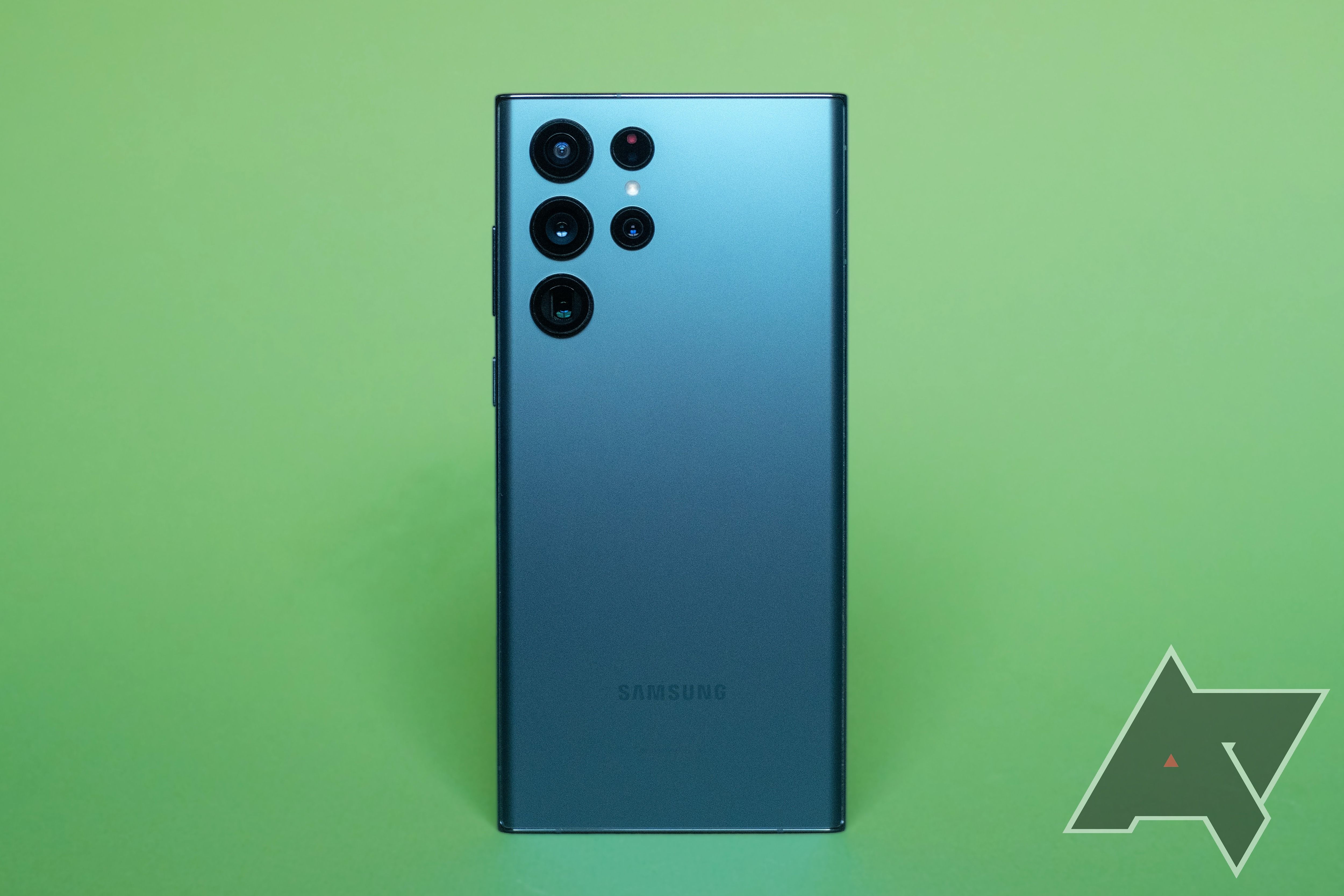Many of the biggest companies on earth have deep ties to the Android ecosystem, and while Q1 2024 was huge for some of these brands, past revenue reports evidently had them scrambling around in backrooms to maintain their edge. Google and Samsung, the two biggest players in the space, are working on new hardware and software to varying levels of success, but their years-old smartwatch partnership is finally starting to pay dividends. It can be hard to keep up with such a volatile market, but we have you covered with this week’s five biggest Android headlines in one place.

Catch up on last week’s biggest Android headlines here
Samsung’s back on top, but Apple’s gunning for Android’s crown in this week’s news
One UI 6.1 comes and goes
For a point-one update, Samsung’s One UI 6.1 has been pretty major — in fact, the company says it’s one of the “most popular software updates ever” for Galaxy devices. And rightfully so, as it’s been bringing the Galaxy AI suite of features to lots of older phones — something that not many other OEMs would’ve done, considering it might stifle sales of the Galaxy S24 series, which originally had exclusive access to the AI functionality.
But Samsung just keeps trudging ahead, using the One UI 6.1 update to bring Galaxy AI to more and more phones. This week, the update started rolling out to the Galaxy S21, S22, Flip 4, and Flip and Fold 3, though only in Korea to start. But as it turns out, that staged regional rollout may have saved Galaxy S22 users a ton of headaches. Samsung has reportedly pulled the update temporarily after some users noticed it caused their display to become unresponsive, leaving them stuck on a white screen.

The Galaxy S22’s One UI 6.1 update could take longer than originally thought
The update was filled with several bugs, apparently leading Samsung to pull it
Lawsuits give us a peak behind the Big Tech curtain, and it’s pretty shady back there
Recent lawsuits have given us an unprecedented look at the backroom deals made by major companies like Apple, Google, and Microsoft. For one, we already knew Google was paying Apple to save its place as the default search engine in Safari. But this week, we learned an exact figure from Google’s ongoing antitrust trial: $20 billion in 2022 alone, which adds up to roughly 16.75% of Apple’s operating income that year.
In that same antitrust case, an email chain between Microsoft CTO Kevin Scott, CEO Satya Nadella, and founder Bill Gates revealed the company’s motivation in pumping huge sums of seed money into ChatGPT developer OpenAI: Microsoft feared Google’s early AI lead and knew it needed to act fast or stay on the sidelines. News of shady dealings wasn’t just limited to hardware and software companies — we also learned this week that the FCC is slapping all the major US carriers with nearly $200 million in fines for the unauthorized sale of customer location data.

Google pays Apple top dollar to be the default Safari search engine
Roughly 16.75% of Apple’s operating income in 2022 came from Google
Android was quite the cash cow in Q1
It’s that time of year: Q1 2024 revenue reports are being presented to shareholders, giving us a glimpse of market growth patterns in the new year. Android OEMs seem to be off to a particularly hot start, with Samsung reporting revenue of around $51 billion and an operating profit increase of roughly $4 billion.
Meanwhile, Alphabet’s Q1 2024 earnings report revealed an all-time record for Google’s parent company, with an $80.5 billion gain. In fact, all Google divisions reported an income increase in the period — sadly, that still didn’t stop Google from laying off “Core” US employees and chasing cheaper labor in other countries, though.

Samsung made $51 billion in Q1 thanks to the Galaxy S24
The company says the demand for high bandwidth memory also propelled earnings
Wear OS is on a come up
When Samsung and Google partnered together in 2021 to bring Android wearables under a unified umbrella, many thought the new and improved Wear OS was too late to make a difference. And Apple Watch sales have proved the naysayers right in the years that followed, with Apple’s watchOS dominating the market share.
But Wear OS finally appears to be making headway, with the smartwatch platform projected to grow from being on 21% of watches sold internationally in 2023, to 27% in 2024. Apple’s stranglehold may finally be loosening, too, as the Apple Watch is projected to dip below a 50% market share for the first time in years.

Wear OS expected to take a bite out of Apple’s market share in 2024
More wearable manufacturers are turning to the increasingly accessible OS
The Pixel 8a is clearly coming soon
Let’s be honest, Google has a habit of leaking its own phones. But that likely wasn’t the case this week, as a massive leak spoiled practically everything about the upcoming Pixel 8a, including Google’s marketing plans for the “AI-mazing” phone. All the fun’s been taken out of accessories, too, now that we’ve seen the official cases in all four colors, plus a bonus orange option.
Considering marketing materials have been nailed down, we can’t imagine it will be very long before the Pixel 8a makes its official debut. An announcement at Google I/O 2024 would make sense considering that’s coming up on May 14 — but last year’s Pixel 7a was technically announced just before the conference, so we could see Google’s new midranger as soon as this week.

Leaked Pixel 8a commercial spoils Google’s ‘AI-mazing’ fun
The upcoming budget-friendly Pixel phone is set to be a significant upgrade from the previous model




